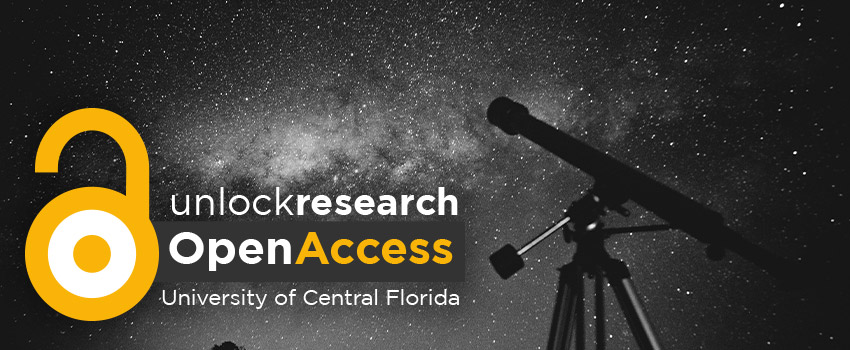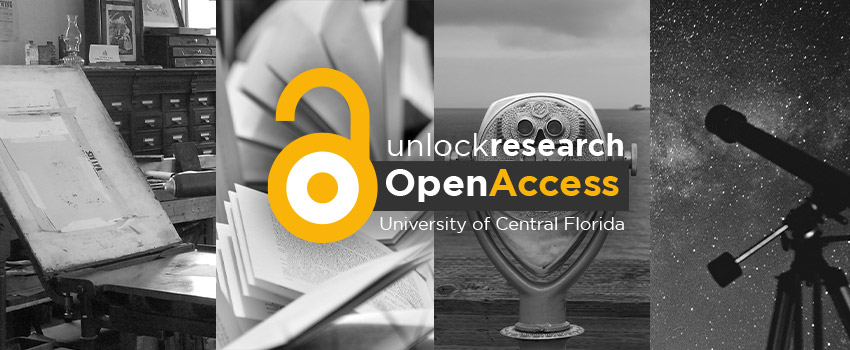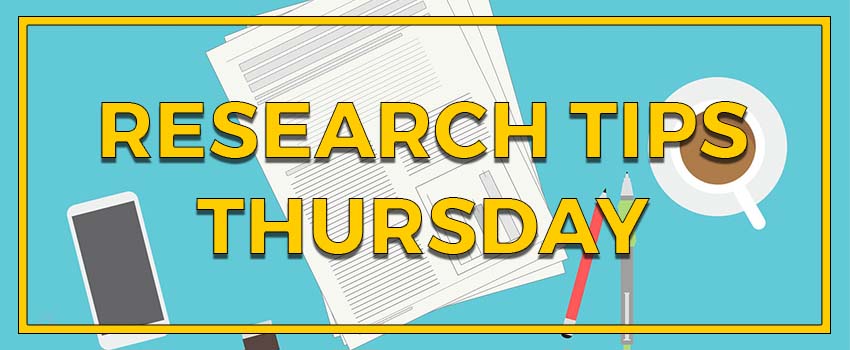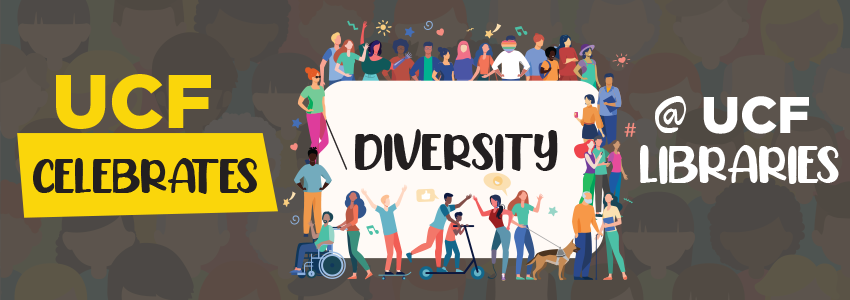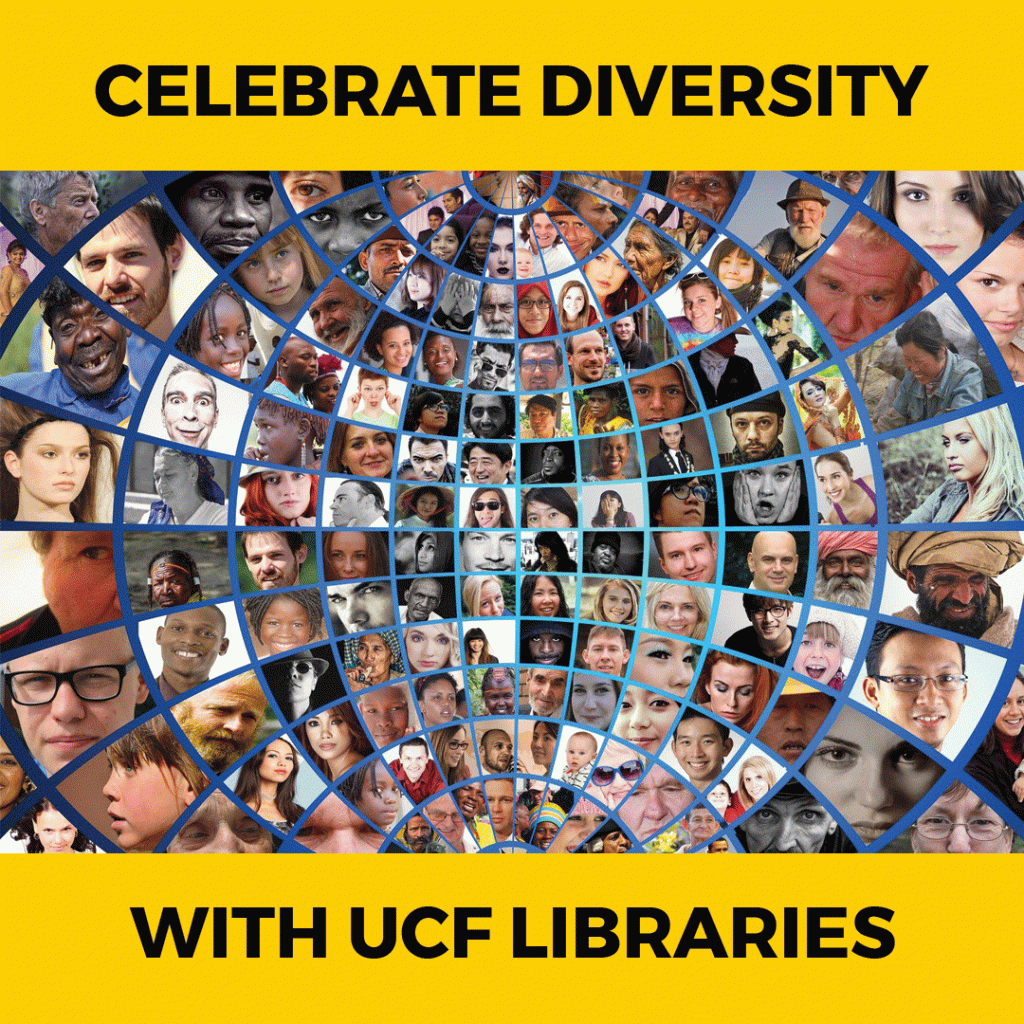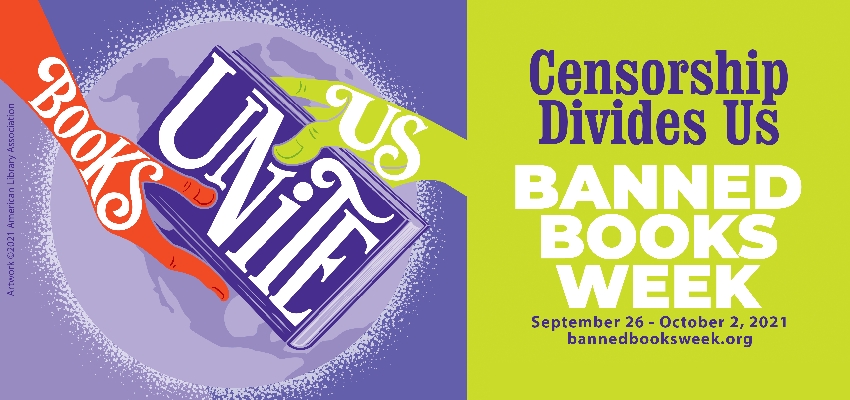2021 marks the 14th year for Open Access Week — a global event that celebrates the Open Access (OA) movement. Here at UCF Libraries, we will be celebrating the week by sharing information about open access resources and tools that can be used by researchers year-round. From UCF’s institutional repository, STARS, to support for locating and using open educational resources, there are many different ways the Libraries can assist you with open access resources. Throughout the week, we’ll share blog posts and social media posts too, so stay tuned!
What is Open Access (OA)?
“Open Access” is a term used to describe a reform movement that aims to make scholarly literature freely available on the web and free of most copyright and licensing restrictions. It can also describe an item itself. For example, if a journal article is Open Access, then that means it is available for free access and, typically, unrestricted non-commercial use.
How is Open Access Different from Traditional Publishing?
To publish something “Open Access” is in contrast to traditional publishing. Where a traditional publisher of academic journals charges money to read those journal articles, an Open Access academic journal is free to read and access online.
However, those interested in publishing will want to consider a variety of factors before deciding if OA is right for them. For instance, there may be other costs associated with publishing, such as Article Processing Charges — a fee charged to authors to make their work accessible in some Open Access journals. In addition, researchers will want to explore strategies for discerning reliable publishers and considerations for grant funding requirements.
Is Open Access Only for Academic Journal Articles?
Open Access does not just apply to academic journal articles. Books, textbooks, data-sets, and other works can also be Open Access. For more information about open access resources, visit our guide: https://guides.ucf.edu/OA/home.
Follow us all week to learn about how Open Access. Meanwhile, check out the official Open Access Week website (http://www.openaccessweek.org/) and UCF Libraries’ Office of Scholarly Communication website for more information (https://library.ucf.edu/about/departments/scholarly-communication/).
For additional information or to answer any questions please contact Sarah Norris, Scholarly Communication Librarian by email at: sarah.norris@ucf.edu.
